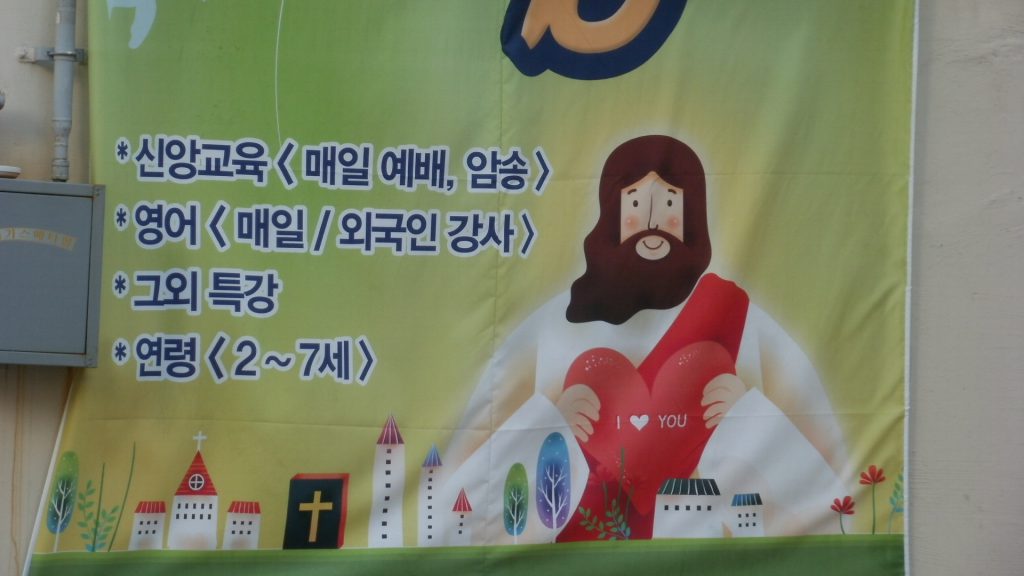Months ago, in March 2020, and at the height of the coronavirus outbreak in South Korea, the Shincheonji Church of Jesus came under fire when it was revealed that over 50% of the nation’s coronavirus cases could be traced back to Shincheonji Church members. Subsequently, elderly church leader then-88-year-old Lee Man-hee was accused by government officials of withholding pertinent information about the church and its members from coronavirus contact tracers, and he was arrested in August. Despite Lee’s numerous apologies for the unintended spread among his church’s congregation, and the donation of plasma from recovered Shincheonji members to COVID research, Lee Man-hee and Shincheonji church members – along with members of other churches throughout the nation – were scapegoated as virus-spreaders because of their continued attendance at worship.
In fact, Jubilee Campaign gathered the signatures of some 14,832 individuals and 266 organizations from 57 countries across the world for a letter in which we call on the South Korean government to stop the blaming and shaming of religious communities for the spread of the novel coronavirus:
“Your government’s reactionary discrimination and persecution has already become a blueprint for how the government may handle similar crises in the future: pinpointing and placing blame on specific groups rather than instituting general regulations for the entire population. Moreover, such scapegoating and persecution has the potential to discourage churches and religious communities from engaging in community service and aid distribution during future crises.”
“Your government has in recent weeks placed restrictions on public gatherings and events, but has refrained from making public statements criticizing these secular activities, choosing instead to scapegoat Sarang Jeil Church and other Protestant communities as the primary vectors of the disease. This is in spite of the fact that it is estimated that COVID-19 could have been rapidly spreading through clubs, restaurants, gyms, factories, and apartment complexes since as early as May….”
The placement of blame solely on South Korean church communities for the spread of coronavirus was accompanied by demolishing churches as well as intimidating and arresting worshippers. At the same time, however, thousands of South Koreans faced neither restrictions nor backlash for their attendance at beaches, tourist locations, shopping malls, or sports events. While the government, including president Moon, loudly rebuked religious groups for their activities during the pandemic, it remained silent on the hundreds of other potential sources for virus spreading.
Now, it is reported that Chairman Lee Man-hee was found not guilty of “hindering the government’s virus prevention efforts.” This acquits him of a potential five-year prison sentence.
As reports Bitter Winter, who obtained detailed information regarding the verdict, the prosecutors attempted to claim that Chairman Lee had purposefully tampered with the Central Disease Control Headquarters’ (CDCH) COVID-19 investigation into the church by refraining from providing all requested information. However, it has been decided that this is not the case. Upon the CDCH’s request for information, Chairman Lee provided a list of 2,000+ Shincheonji-affiliated facilities and 245,000+ members both domestic and abroad. Despite prosecutor claims that Chairman Lee purposefully excluded four facilities, Zion Mission Centers, Chairman Lee affirmed that his reason for not listing those facilities is that they did not legally belong to Shincheonji and would therefore be unnecessary to include in the list. Prosecutors also highlighted that of the list of 240,000+ members, 24 birth dates were incorrect and eight names were missing. In addition to the fact that such a number of birthdate errors would be statistically normal in such an extensive list, it was also revealed that the missing names could be attributed to the fact that they were individuals who were in the process of ending their membership with Shincheonji and had not been attending worship in recent months. Overall, the CDCH concluded that “there was no evidence of obstruction” in the investigation by Chairman Lee and that, in fact, “Shincheonji actively cooperated with the submission of data and promptly provided them to the CDCH.”
It is equally important to note that the persecution and interrogation of Shincheonji leadership and its members was a direct, overinflated, and disproportionate response to the case of ‘Patient 31’, which Bitter Winter discusses below:
“On February 18, 2020, a female member of Shincheonji from Daegu, South Korea, later nicknamed ‘Patient 31,’ tested positive for COVID-19. Before that date, she had been hospitalized, misdiagnosed with a common cold, and sent back to her home, from where she moved to attend several Shincheonji religious gatherings, infecting other co-religionists…. Shincheonji and Chairman Lee did the best they could to cooperate with the authorities, as soon as they learned the unfortunate story of Patient 31- for which they are certainly not responsible, as when she participated in church events she had not yet been diagnosed with COVID-19, and public gatherings were still allowed in South Korea.”
Cover image by Anna L Martin on Flickr (CC BY 2.0).

